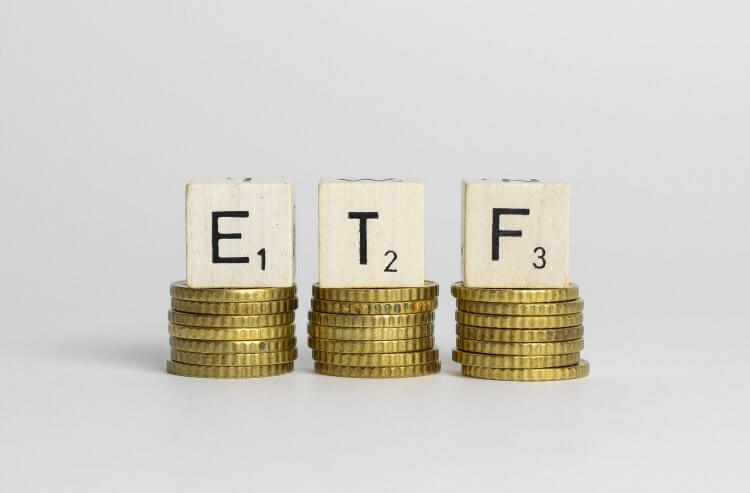- Insight
Media

When trying to diversify your investments, consider Exchange Traded Funds (ETF). ETFs have grown tremendously over the years and are becoming a favourite for investors. An ETF is affordable, easy to manage, and allows you to dip your hands into any different assets at once.
What is an ETF?
According to Bursa Malaysia, an ETF is “an open-ended investment fund listed and traded on a stock exchange. ETF combines the features of an index fund and a stock. The liquidity of an ETF reflects the liquidity of the underlying basket of shares.”

The most common types of ETFs are equity ETFs, Leveraged and Inverse ETFs, fixed income ETFs, and commodity ETFs. They consist of a group, or a basket of stocks, bonds, futures or commodities “based on an index which instantly offers broad diversification and avert the risk involved in owning stock of a single company.”
This means they don’t throw all your eggs in one basket.
How it Works
As an example, you may be looking to get involved in the S&P 500 index, which tracks the 500 largest publicly-traded companies in the U.S.

Credit: Jernej Furman
Without an ETF, you will have to buy all 500 of the component stocks if you want exposure to this index, and that will require a very high initial investment.
Through an ETF, which is essentially functioning as a bundle of sorts, your assets will be pooled together to gain fractional exposure to the index at a lowered price. They work similarly to unit trust funds in how they pool the investors’ money to buy a group of investments.
Why ETF?
Bursa Malaysia states that ETFs gain you easier exposure “to a geographical region, market, industry or sector, commodity such as gold or oil or even a specific investment style such as growth or value.”

As explained, instead of 500 transactions, the investor only needs to make 1 to access the S&P 500 index. It grants investors a diversified portfolio without needing a huge capital. In addition, ETFs are listed on Bursa Malaysia’s Main Market, there are no extra steps needed to start investing in them, making it viable to be exposed to foreign markets through our own domestic stock exchange.
Since they are passively managed, they incur lower fees of between 0.08% and 1.09% per year, and if you do not have the time to individually select stocks, with an ETF, they are automatically selected for you.
Types of ETFs

There are several types of ETFs that differ by asset class, location or investment strategies. Here are the common ETFs you’ll see on Bursa Malaysia and international stock markets: –
Equity
These ETFs invest in stocks. They vary by region (e.g. only local stocks) or industry (only tech stocks).
Fixed income
They invest in fixed income securities, meaning low-risk investments like bonds or sukuk.
Leveraged
Leveraged ETFS use debt to increase your returns. For example, a two-times leveraged ETF allows you to make, or lose, twice the money for every price movement on the index.
Inverse
You gain returns when the index loses value. In fact, you make losses with an inverse ETF if its underlying index gains value.
Commodity
They track commodity indices, which then measure the performances of commodities like metals, gold, silver and petroleum.

